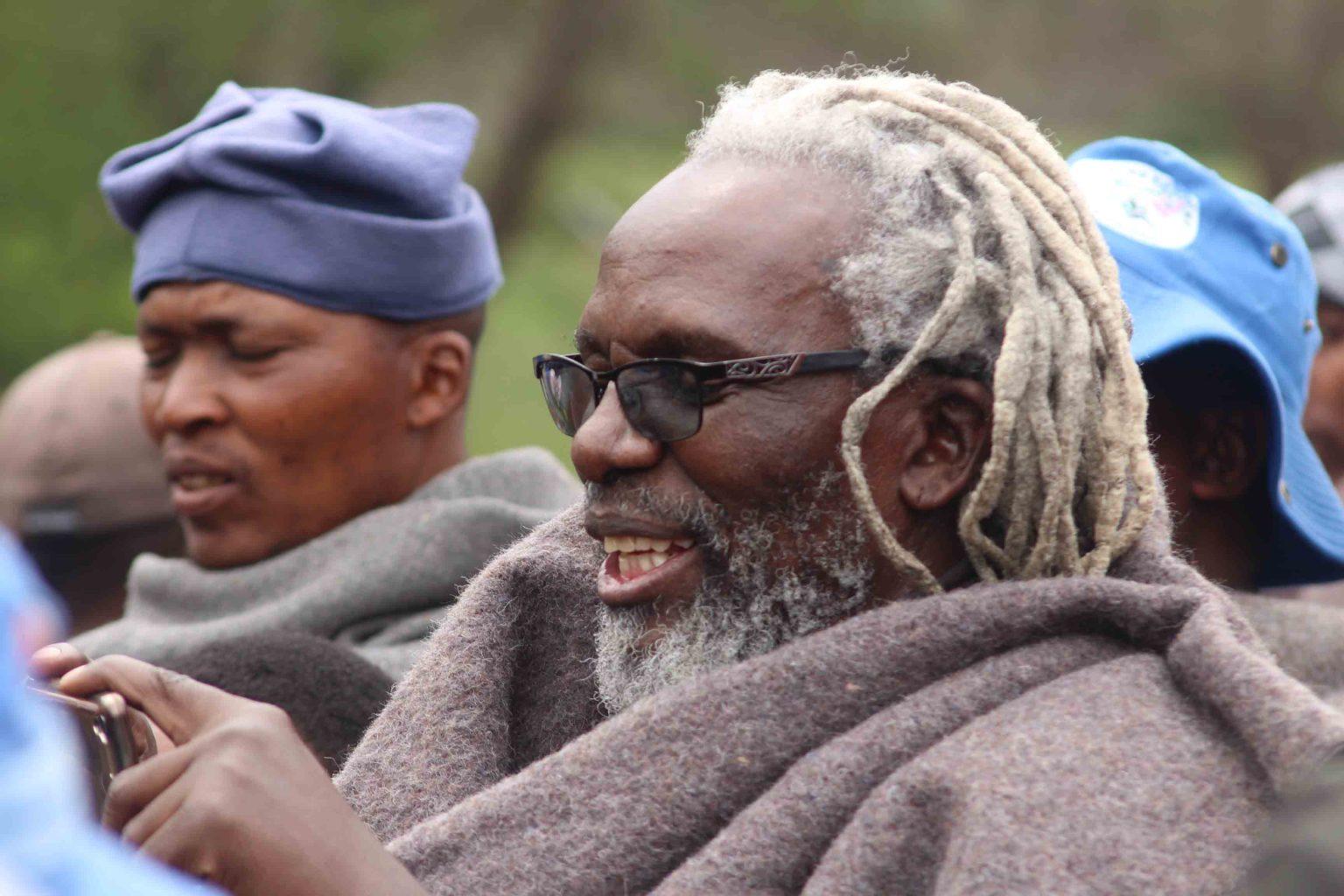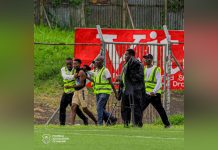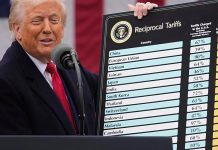Africa-Press – Lesotho. Seven media companies yesterday ganged up against the Broadcasting Code 2022 that requires all radio presenters to acquire tertiary training in journalism.
Public Eye newspaper, the Anglican Church of Lesotho FM, Moafrika FM, Molisa ea Molemo FM, Tšenolo FM, Jesu ke Karabo FM and Tabernacle FM told parliament that the code is grossly unfair.
The media companies appeared before the parliamentary Portfolio Committee on the Prime Minister’s Ministries and Departments, Governance, Foreign Relations, and Information Cluster. The committee chairman, Lehloka Hlalele, said the radio stations were not happy with the Broadcasting Code which they said was discriminatory.
Moafrika FM owner, Sebonomoea Ramainoane, complained that there is no school of journalism in Lesotho but the Broadcasting Code demands that presenters should possess tertiary education certificates.
“Where will those from initiation school fit in?” Ramainoane said. He said the Lesotho Communications Authority (LCA) and the Ministry of Communications had colluded behind their back to come up with the code.
He said the code will severely undermine their economic and professional development. Ramainoane, who spoke on behalf of others, said the code was not done in good faith because the LCA and the Communications Ministry never consulted private radio stations.
He alleged that the two had only consulted the Media Institute of Africa (MISA-Lesotho) which is a voluntary association for media practitioners. He argued that MISA-Lesotho did not represent all media houses in the country.
Ramainoane added that the code was done with state-owned broadcasters who unfairly compete with private ones despite that they are funded by the government.
He also said the South African broadcasters are also roaming all over the country doing as they please and “the LCA never said anything about that”. “I appeal to the government to see that the Broadcasting Code was not done in good faith,” he said.
“The LCA never met the stakeholders.
“MISA and LCA are sleeping together and it is not right that they (come up with) laws on behalf of people who are not even their members,” he said.
He said he was part of several meetings held with stakeholders but the Broadcasting Code was never mentioned. “Moafrika would have opposed that at all costs,” he said.
He said the government’s demand that media workers must possess university qualifications is discriminatory because people in other industries are not required to go to school.
He said it should be so with a transport operator who is in the business of transporting goods — they should possess qualifications in logistics. “If one does not want to hire a qualified accountant for their business it’s up to them, their business will suffer alone.
Why are we being forced like this?” Ramainoane also said MPs should have law or political science qualifications to be eligible for parliamentary jobs.
“You should also have to acquire law or political science qualifications. We should all be in the same boat,” he said.
MISA-Lesotho chairman, Nkoale Tšoana, defended the Broadcasting Code adding that it will help radio presenters to do their job better. “Media reforms were done in good faith without fighting,” Tšoana said.
He said Basotho are the ones who asked for the code, not individuals. The LCA regulatory affairs member, Maama Maama, said radio stations were consulted since 2012 and “they were told that there will be a Broadcasting Code”.
He said they were told the details of the code and they took part together with MISA-Lesotho. “The public too was approached and the issue was discussed with them as by then the radio stations were turning into weapons that might end up burning the nation,” Maama said.
He said the presenters who are already in the industry just need six months of training and that is all that matters. The LCA legal officer, Rorisang Molefe, said the broadcasters raised the issue during the reforms that those who were not trained should be trained so that they know the regulations and ethics.
“Some stations speak inappropriate language even during prime times when children are listening,” Molefe said.


For More News And Analysis About Lesotho Follow Africa-Press






